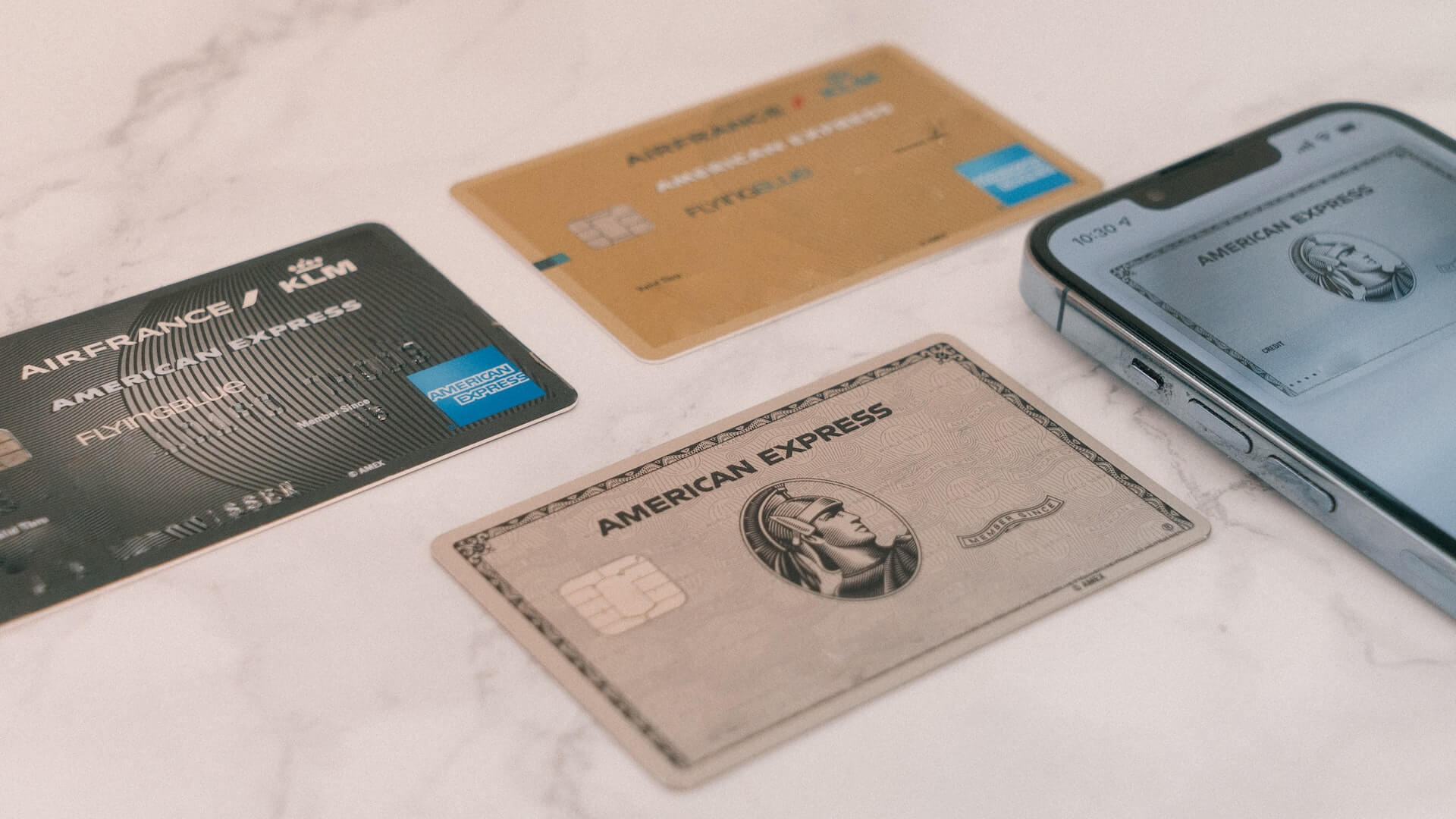What’s up with the Restaurant Revitalization Tax Credit?
by David Klemt

If you’re wondering what’s going on with the Restaurant Revitalization Tax Credit bills in the House and Senate, you’re probably not alone.
And if you find yourself wondering about them, that’s likely because there isn’t much news about the bills. Unfortunately, it appears that no meaningful progress has been made on HR 9574 or S.5219.
A quick check shows that both bills share the same status: Introduced. As for the House bill, HR 9574, that was introduced on December 15, 2022 by Representative Earl Blumenauer (D-OR). The Senate bill, S.5219, was introduced by Senator Benjamin Cardin (D-MD) on December 8, 2022.
It’s important to note that Sens. Cardin, Patty Murray (D-A), and Sherrod Brown (D-OH) reintroduced S.5219 in January of this year. However, that apparently didn’t mean much as the Congress.gov trackers show no progress.
Last year, some opined that neither bill would receive a vote until January 2023 at the earliest. That “prediction” has proven true, of course—it’s now the end of March.
Restaurant Revitalization Tax Credit Act Summary
Let’s take a quick look at HR 9574 and S.5219.
Both bills propose a $25,000 payroll offset for restaurants. Eligibility requirements are also identical: applicants must have applied for but not awarded a Restaurant Revitalization Fund grant.
Additional, eligible applicants are:
- restaurants with operating losses of at least 30 percent in 2020 and 2021 in comparison to 2019; or
- restaurants with losses of at least 50 percent in either 2020 or 2021 in comparison to 2019.
So, those are elements that both the Senate and House bills share. What about the differences between the two bills?
Mainly, differences come down to the number of employees. For S.5219, restaurants with ten employees or fewer could be eligible for the maximum payroll tax credit. That credit, as a reminder, is up to $25,000 for 2023. For every employee over ten, the refund cap drops by $2,500.
Now, HR 9574. Restaurants with ten or fewer employees would receive the full $25,000 payroll tax offset. For restaurants with between 11 and 20 employees, the offset would be “partially refundable.”
Now What?
If you believe that you’re eligible for this tax credit, it’s time to let your representatives know you want them to act.
To make things simple for everyone, I’m including the links you need to find and contact senators and representatives.
For senators, click here. And for representatives, click here.
Let them know that it’s time for action on S.5219 and HR 9574. And let them know exactly what action you expect them to take.
Image: Karolina Grabowska on Pexels



